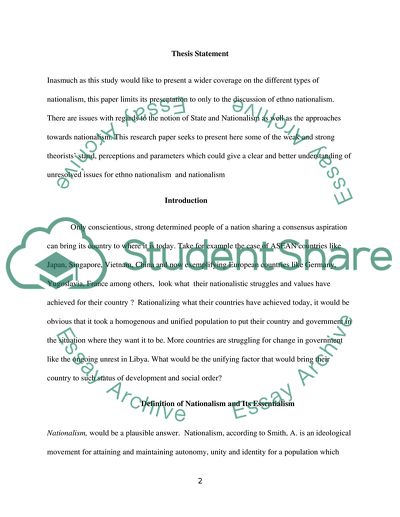Cite this document
(“Theories of Nationalism Assignment Example | Topics and Well Written Essays - 1500 words - 1”, n.d.)
Retrieved from https://studentshare.org/sociology/1411026-theories-of-nationalism
Retrieved from https://studentshare.org/sociology/1411026-theories-of-nationalism
(Theories of Nationalism Assignment Example | Topics and Well Written Essays - 1500 Words - 1)
https://studentshare.org/sociology/1411026-theories-of-nationalism.
https://studentshare.org/sociology/1411026-theories-of-nationalism.
“Theories of Nationalism Assignment Example | Topics and Well Written Essays - 1500 Words - 1”, n.d. https://studentshare.org/sociology/1411026-theories-of-nationalism.


